


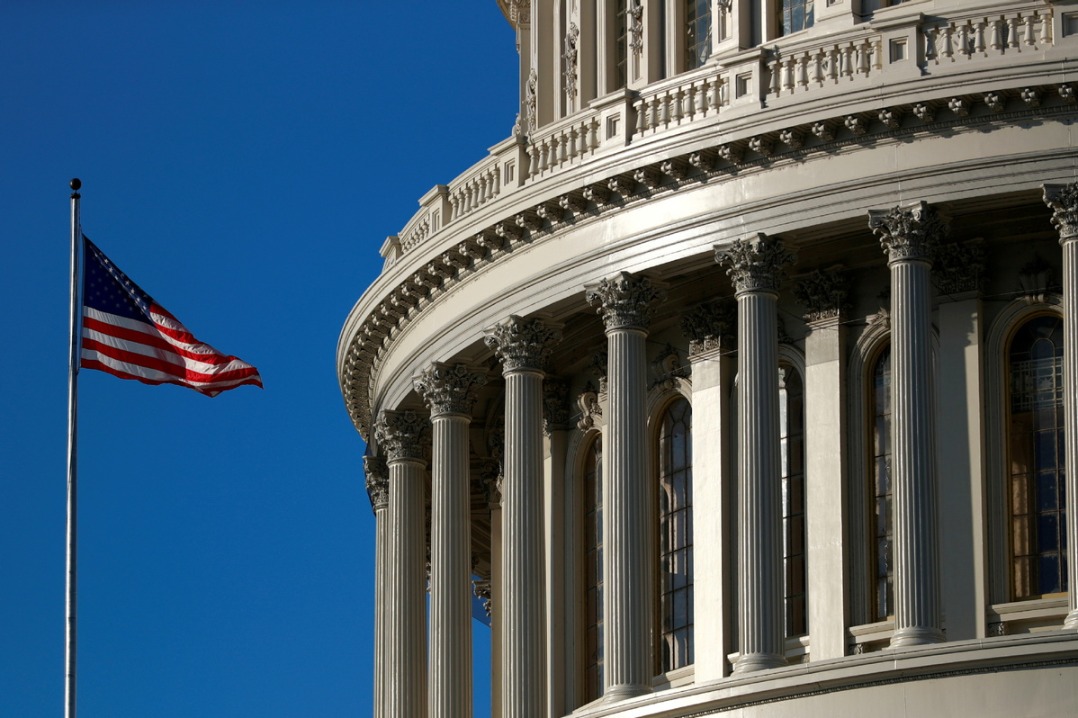
The US administration has long accused foreign countries of taking advantage of the United States at the expense of domestic jobs and US industries. In US President Donald Trump's view, the US has received less return value and resources for what it has given the world in terms of the amount of money, trade preferences and other resources. "They're ripping us off" is his constant refrain.

Experts say the US government's tariff hikes on small Chinese packages disrupt trade order, harm US consumers, and prompt Chinese e - commerce platforms to adjust. Key points: the new tariffs start from May 2; they increase US consumers' costs and curb the US economy; Chinese e - commerce should expand channels and build overseas warehouses. Conclusion: Chinese online retailers should enhance product value, brand awareness, and explore diverse markets.

The United States' trade tension with China will hurt American farmers, CNN reported on April 13.
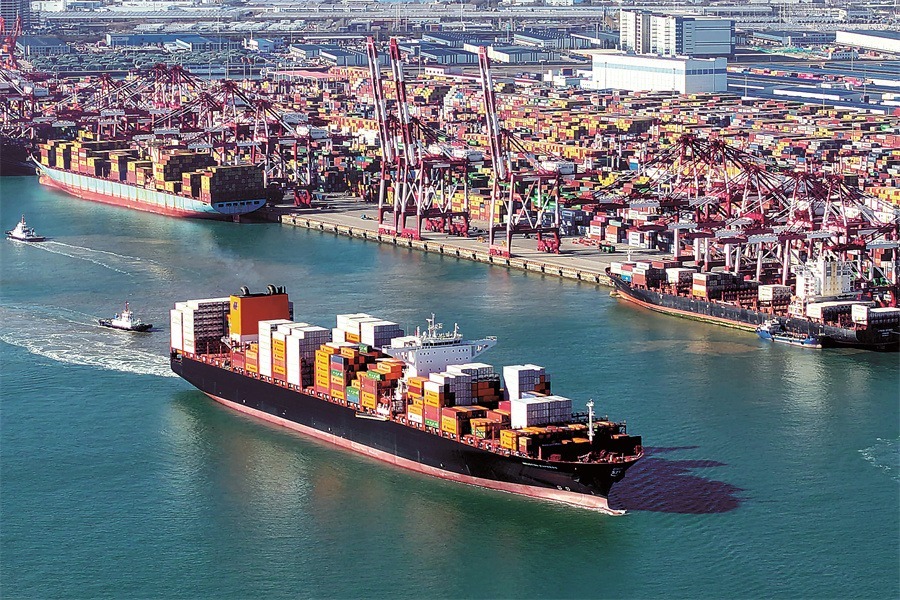
China will step up market diversification and reduce reliance on the US market
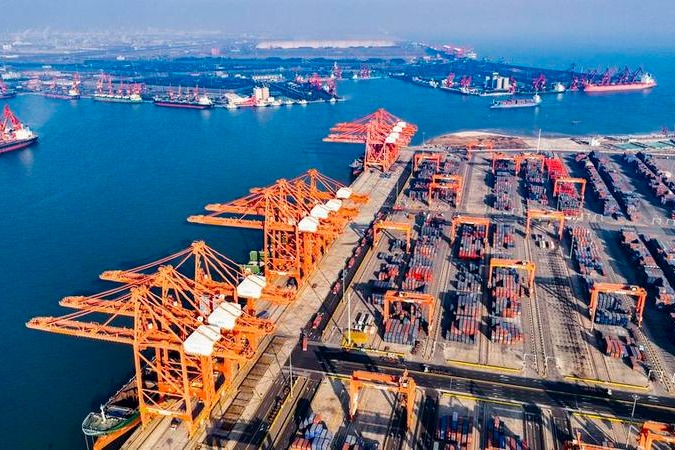
Despite a complex and challenging external environment, "the sky won't fall" for China's export, a Chinese customs official told a press conference on Monday.
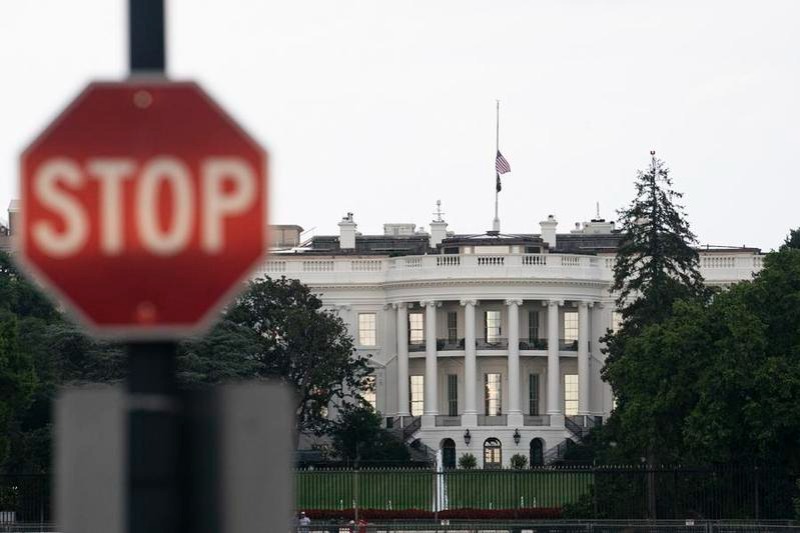
The article presents views of global influential figures on the latest US tariff policy. Key points include: trade wars are negative, especially harmful to vulnerable developing countries; there's a risk of a financial crisis; the world trade system has changed; long - term tariffs may lead to a worse situation than 2008. Many oppose high tariffs, believing they could weaken the dollar and destabilize the economy.

The article discusses the impact of US tariffs, especially those under Trump's administration. Key points include: Trump's high - tariff policies face global push - back; China can buffer external pressure with its economic scale and domestic - demand - led growth. US tariffs on China backfired, increasing inflation and recession risks. China should safeguard WTO authority, coordinate with affected economies, and may impose retaliatory tariffs. An equal Sino - US trade deal is possible based on parity and mutual benefit.
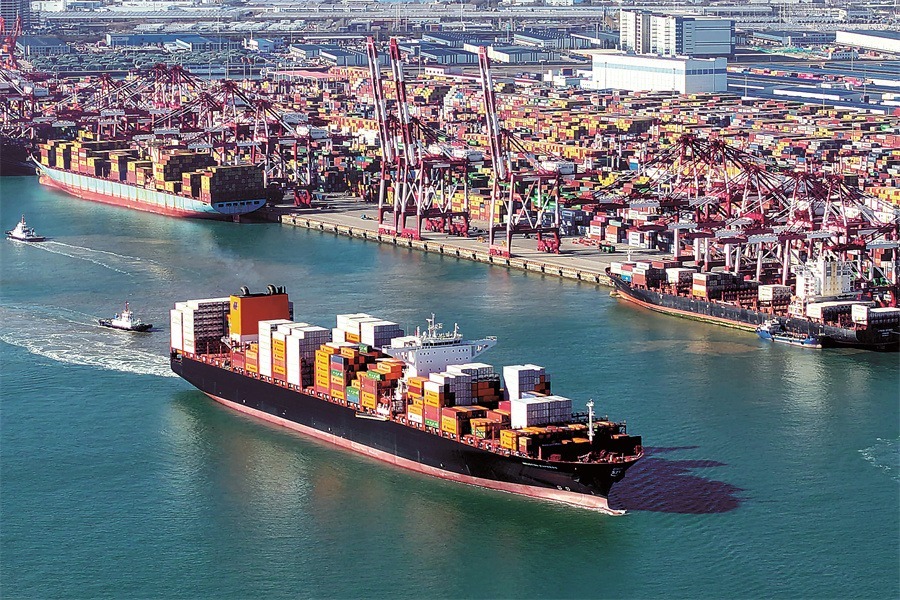
China has called on the US to decisively correct its mistake and fully abandon the erroneous approach of imposing "reciprocal tariffs"
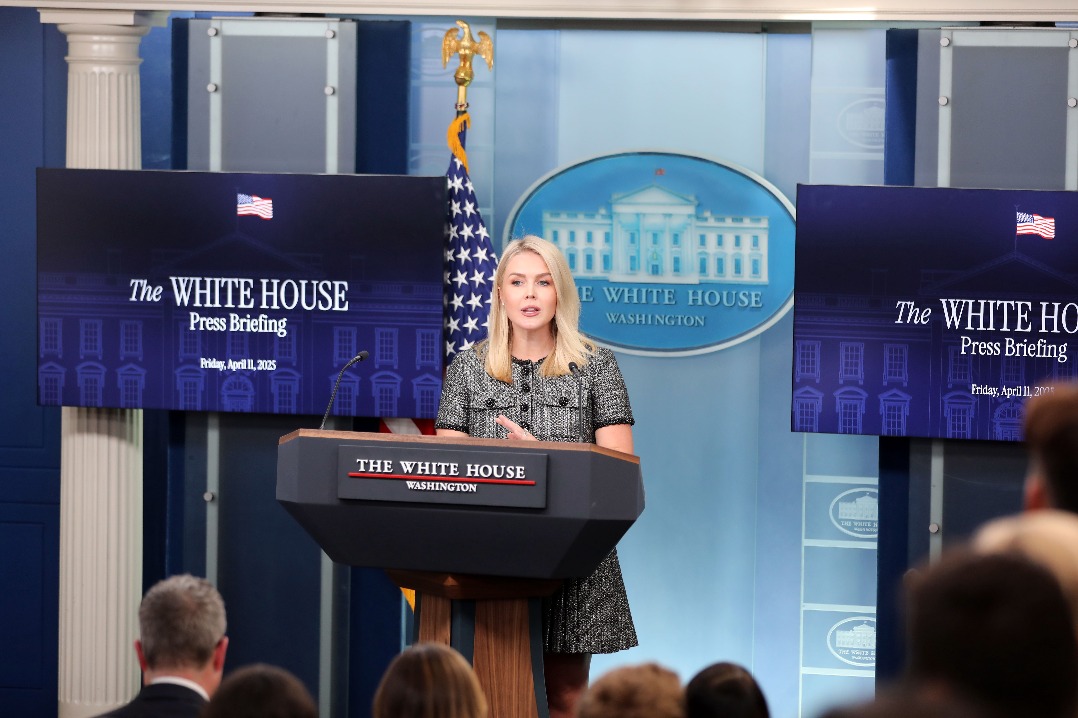
US President Donald Trump is "optimistic" about striking a trade deal with China, the White House said on Friday, as China responded to the United States' "reciprocal tariffs" by increasing its additional tariffs on US goods from 84 percent to 125 percent.
US President Donald Trump recently raised tariffs on goods from over 180 countries and regions. Earlier this week, he announced a 90-day pause on the new tariffs, but not for China. In response, China has filed a lawsuit with the WTO and taken countermeasures.
Tariff wars won't unsettle China. With strong resources and smart leadership, the country is built to endure, Robert Lawrence Kuhn, chairman of The Kuhn Foundation, told China Daily in an exclusive interview.
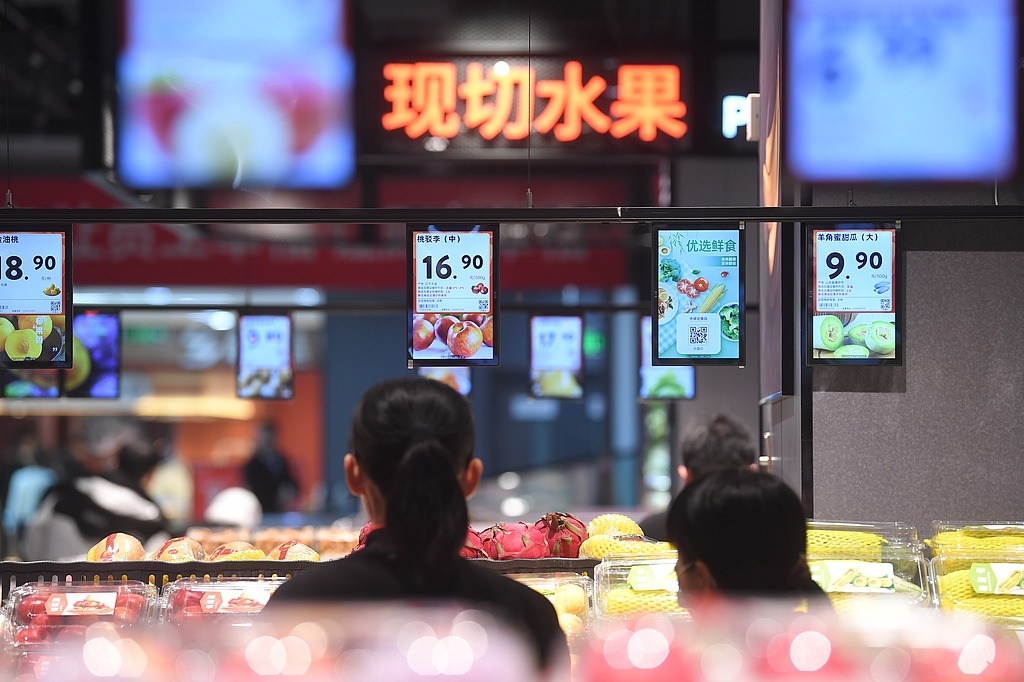
In response to new rounds of United States' tariff hikes and ongoing global supply chain disruptions, Chinese retailer Yonghui Superstores launched a "green channel" initiative aimed at supporting domestic supply chain enterprises grappling with stockpiles caused by export challenges.
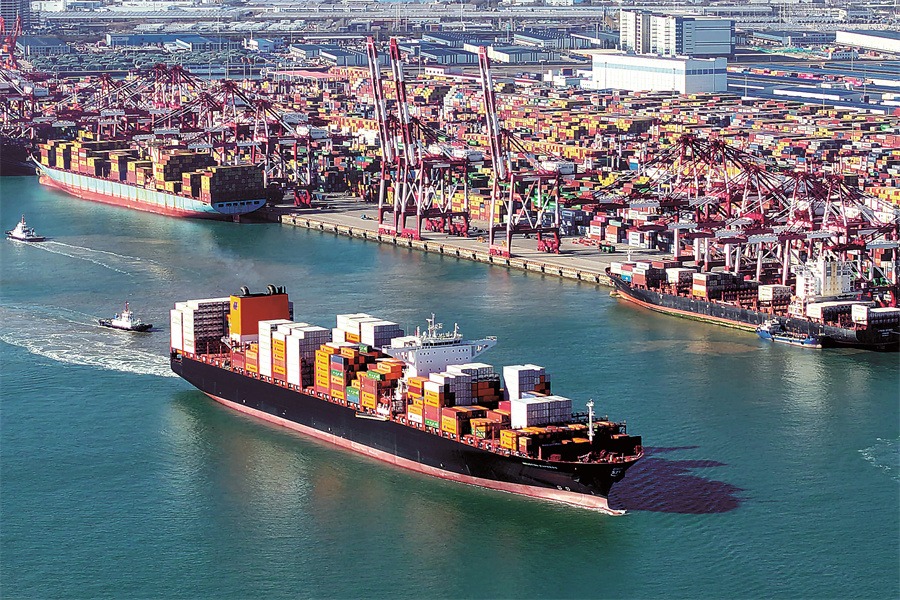
China has filed a lawsuit with the World Trade Organization's dispute settlement mechanism following the US decision to raise the "reciprocal tariffs", the Chinese Ministry of Commerce announced on Wednesday.
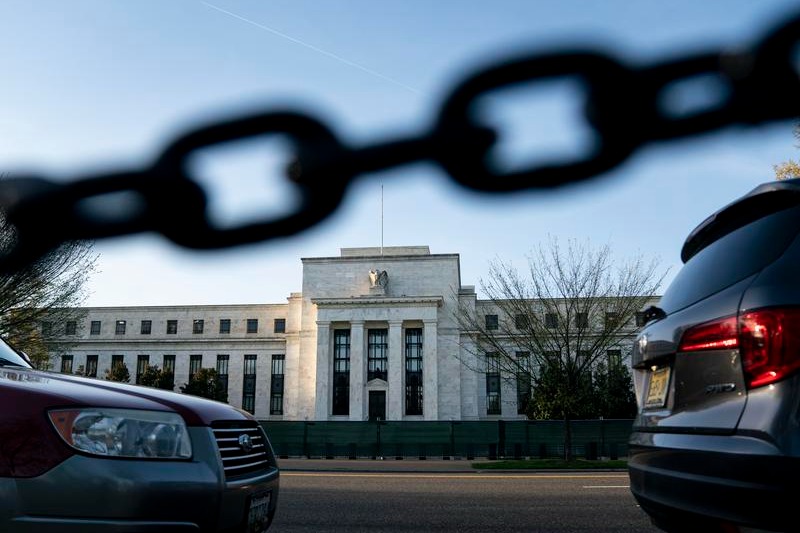
Industry insiders and experts hold a gloomy view of tourism and education exchanges between China and the United States, after two of China's ministries issued risk alerts noting the deterioration in bilateral economic relations caused by the US' hefty tariffs.
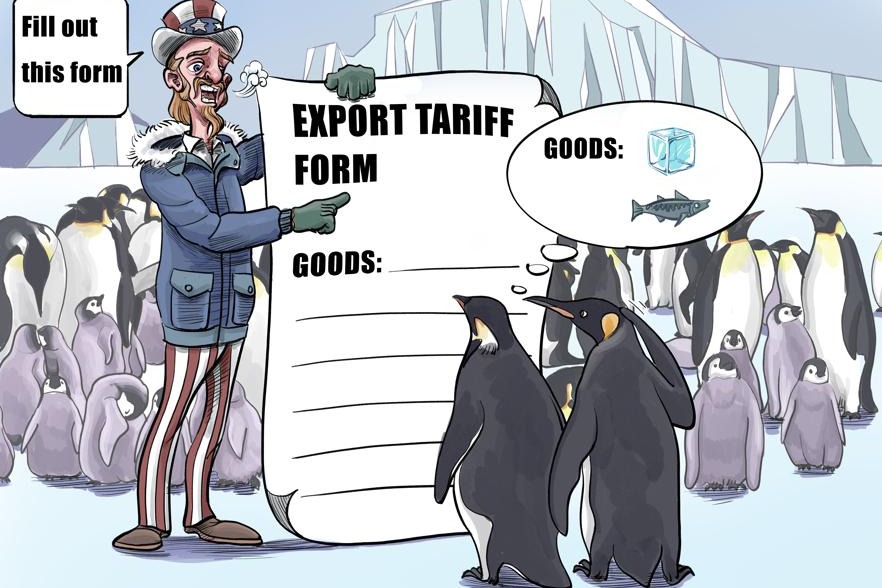
Editor's note: The US tariff escalation threat against China and other countries compounds its mistake and further exposes its nature of blackmail. China will resolutely take countermeasures to safeguard its rights and interests and maintain a normal international trade order. Three experts share their views on the issue with China Daily.
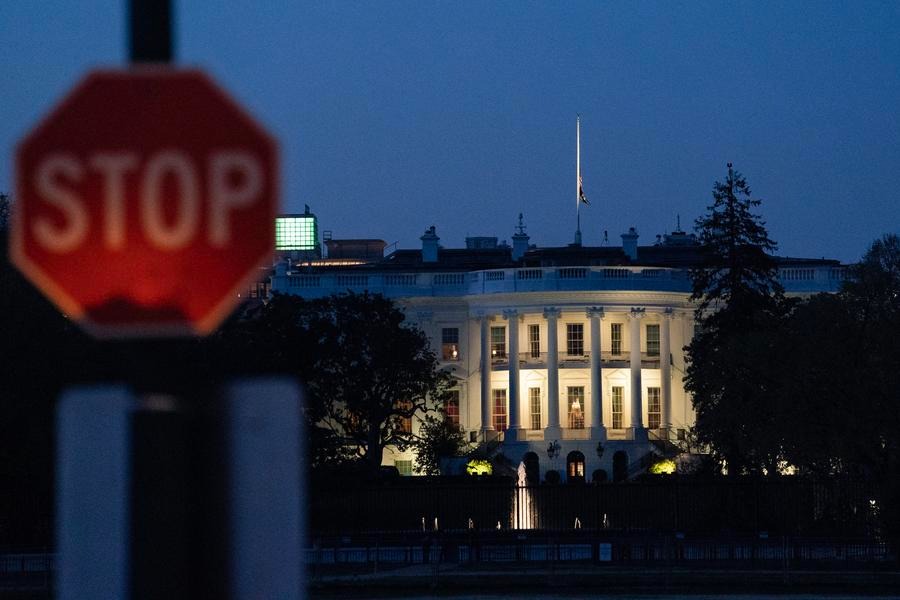
China has urged the United States to cancel its unilateral tariffs as quickly as possible, and get back on track to properly address differences through equal dialogue
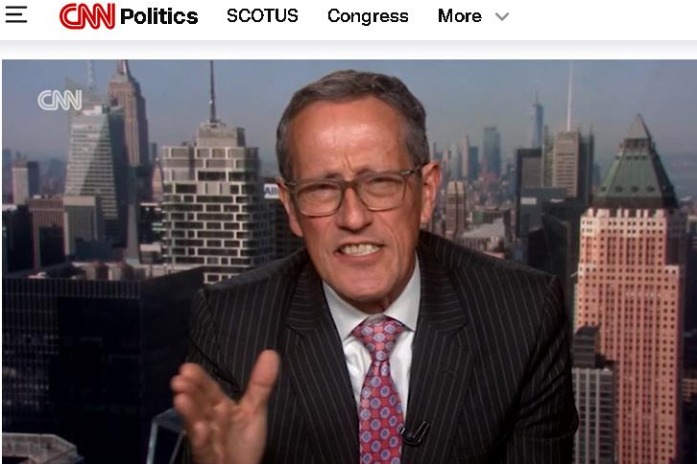
The US's new tariffs policies face strong criticism. Key points: CNN's Tom Foreman says American consumers will be severely affected by tariffs on daily items. Richard Quest from CNN Business warns the disruption may lead to market instability, job losses, halted investments and potential recession. The tariffs have also caused US stock prices to plunge.
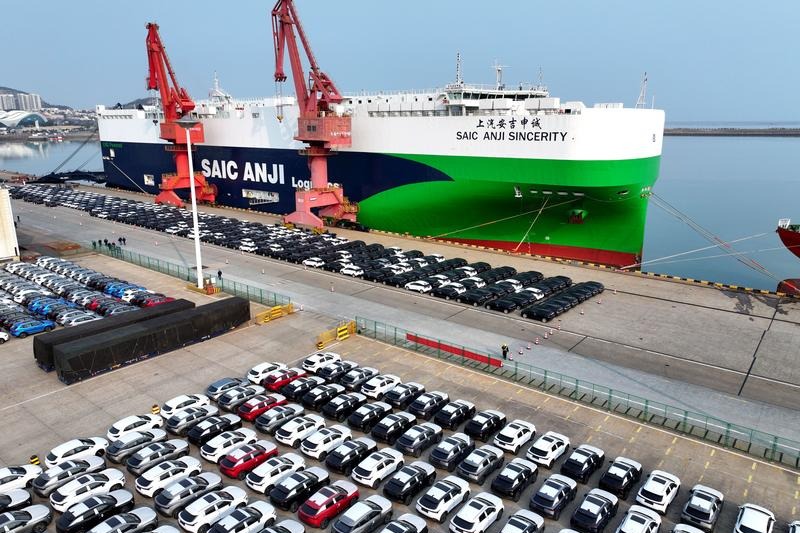
China has called on the United States to remove unilateral tariffs as quickly as possible and work with it in the spirit of mutual respect, peaceful coexistence and win-win cooperation, in order to address respective concerns through dialogue and consultations on an equal footing, the Ministry of Commerce said on Wednesday.

China has made full preparations to address various uncertainties in the face of the pressure that external shocks may exert on the country's economic stability, Premier Li Qiang said on Wednesday.

Wayne, an IT worker from Houston, Texas, said he does not need economic experts or the media to tell him how the tariffs will impact him and his family.
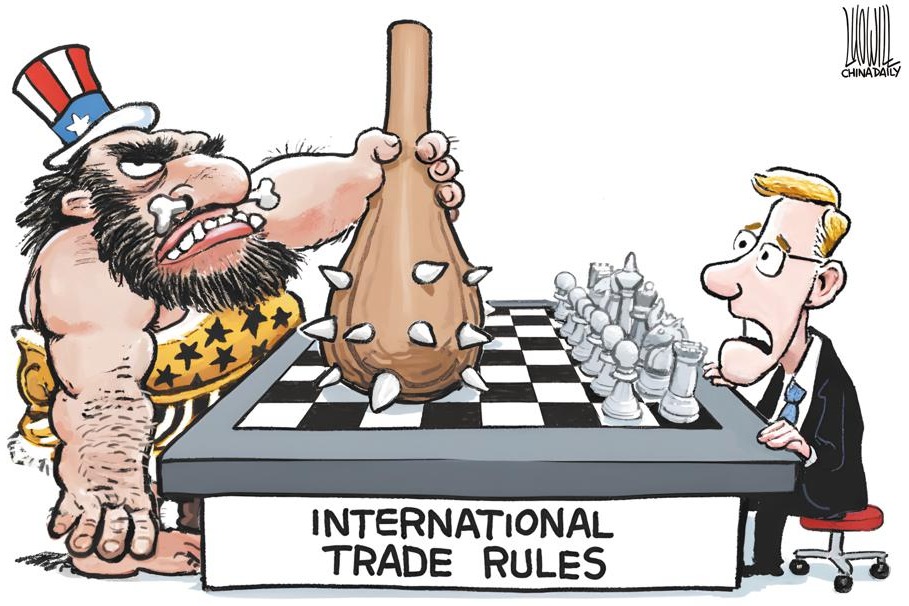
In launching an unnecessary and poorly conceived trade war — particularly against China — US President Donald Trump has committed at least three serious strategic errors.

As I write, the United States and China are cascading into the abyss of an all-out trade war, the mother of economic battles that could be the harshest in human history, harming not only the American and Chinese people, but all the people gracing planet Earth.
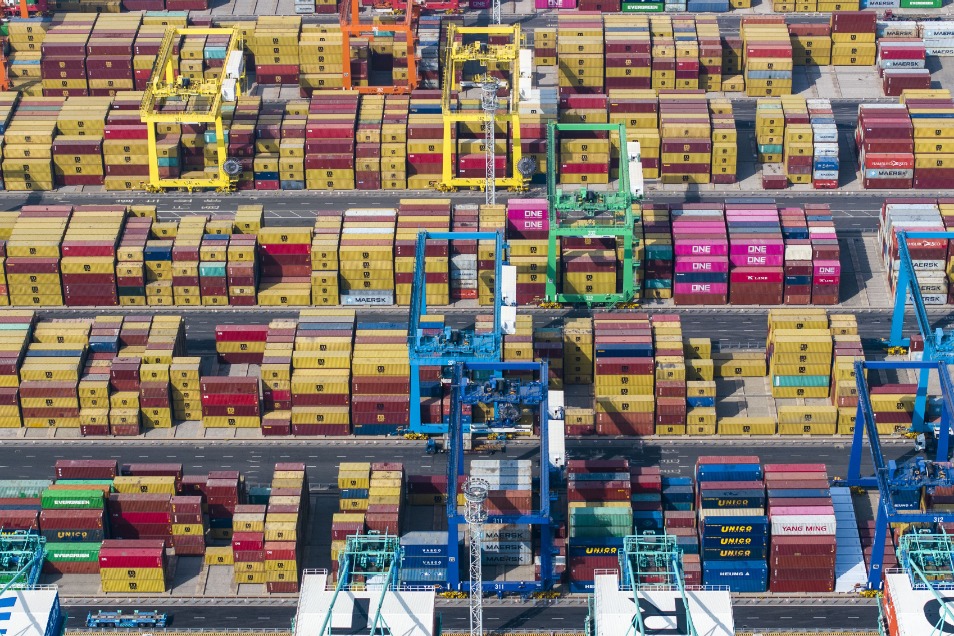
China will raise additional tariffs on all goods imported from the United States to 84 percent, starting at 12:01 am on Thursday, and has added 18 US entities to its export control and unreliable entity lists in order to counter the US' unilateral tariff hikes.
China released a white paper on China-US economic, trade relations and the message is clear: Cooperation is the only path to mutual success.
